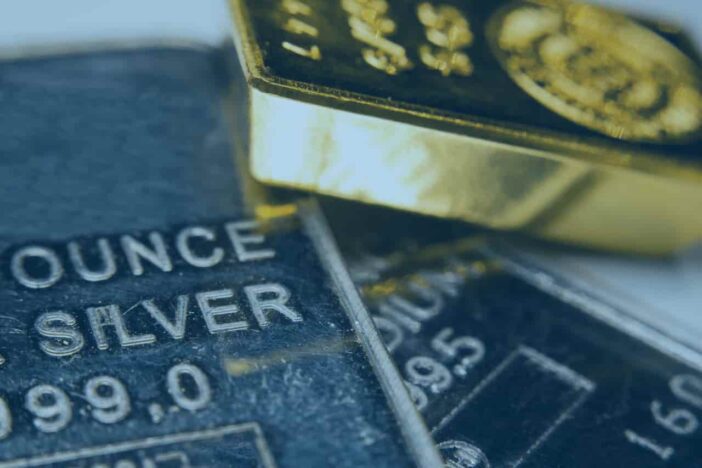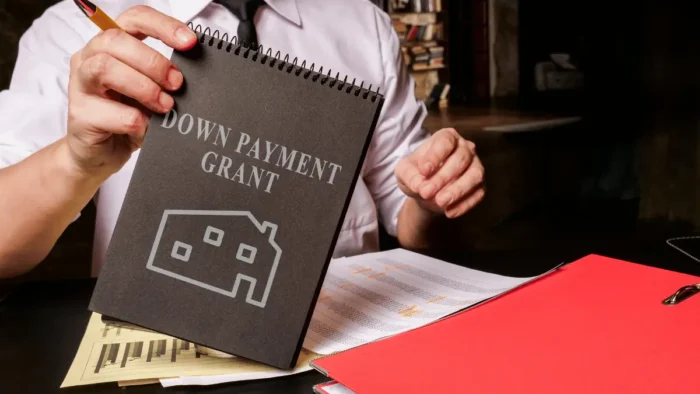Do you plan to become a precious metal investor? While this decision is beneficial in numerous ways, aspiring investors are supposed to consider an array of aspects before investing their hard-earned money.
Even though every investment is risky, you should try and mitigate potential risks by choosing a reputable precious metal dealer and investing in the best assets. Individuals must be familiar with the markups, storage, delivery, costs, and taxes associated with these metals.
Have a look at the most important things each person is supposed to know before investing in such assets.
Physical or paper?
The primary aspect to consider prior to becoming a precious metal investor is choosing between physical and paper metals. For instance, paper gold forms like futures contracts and gold certificates are usually not backed by physical metal, meaning they provide no ownership title and deprive investors of the ability to exchange them for such commodities in a physical form.
Therefore, before making any investments, you should solely consider investing in physical metals. Such assets either grant a title of direct ownership or fully-backed exchange-traded offerings. It’s of tremendous importance for you to be provided with beneficial ownership and be able to redeem shares for the asset you have purchased. Find out why paper gold is considered better than physical gold according to the opinion of some people.
Allocated or unallocated?
The following thing to consider is the difference between investing in allocated and unallocated precious metals. The former provides the highest degree of safety for investors, as these assets are unencumbered and segregated. Also, individuals are provided with an ownership title. Allocated metals cannot be leased or lent to third parties.
The latter is considered riskier, as the ownership title isn’t secured by the holder. Individuals are strongly advised to invest in fully allocated precious metals only. They provide investors with the security that the assets aren’t encumbered, and ownership claims don’t exceed the value of the commodity.
Mark-ups
Another thing worth considering before becoming a precious metal investor is whether the purchase involves mark-ups. In general, purchasing such commodities in the form of bars and coins imposes mark-ups ranging from two to eight percent over the current spot prices. For instance, the current spot price of gold is $1907. You aren’t supposed to pay a markup larger than eight percent.
In addition, the premiums at which gold coins are sold are based on several variables, including purity, rarity, and volume. There is a myriad of precious metal company reviews online, like the American Bullion review, which assists individuals in choosing the most reliable company. Investors have to partner up with a reputable dealer to avoid getting scammed.
Furthermore, exchange-traded funds are usually bought and sold at prices too close to the spot price of gold or another commodity. Nevertheless, investors are supposed to pay management fees on an annual basis to cover the expenses related to insurance, storage, and trading. Conversely, closed-end funds are relatively similar to ETFs, but they usually trade at certain discounts to the spot price of the given asset.
Moreover, when purchasing bars or coins from a precious metal dealer, you are supposed to compare the mark-ups offered by different dealers. If planning to hold the assets for several years only, you should compare the total mark-up and mark-down expenses in contrast to the estimated management fees you will pay for owing a closed-end or ETF fund. For instance, when buying and selling an American Buffalo, the total cost would be thirteen percent of the entire investment. Just for the sake of comparison, you would be paying the equivalent cost in management fees for up to twenty years.
Storage
Another essential aspect to bear in mind prior to becoming a precious metal investor is the storage of these assets. There are numerous trustworthy storage providers offering insured storage. It’s of incredible importance for the storage facility you choose to be reputable to avoid any counterparty risk.
As far as closed-end funds and ETFs are concerned, investors are highly recommended to avoid storage custodians, which are financial institution subsidiaries. You should know that even the most prominent financial institutions get exposed in a market crisis. See this URL, https://www.wikihow.com/Buy-Index-Funds, to learn some handy tips for buying index funds.
Delivery
Apart from storage, investors are supposed to consider the delivery of their precious metals. The most important thing for investors is to be provided with an alternative to using the physical delivery of their assets. The most popular bullion ETFs don’t permit average investors to take advantage of physical delivery, as this option is only reserved for a limited number of participants.
Costs
The following thing to consider is the ongoing costs incurred from the ownership of coins and bars. These expenses include storage and insurance. As mentioned before, closed-end funds and ETFs charge management fees every year to cover ongoing costs and provide profits to the company responsible for management.
Every investor is supposed to calculate both the initial and management fees from different offerings. You should also check the features and related risks of each offer to determine the value you are about to receive.
Tax requirements
Taxes are a vital consideration for any aspiring precious metal investor in the US. The IRS classifies these metals as collectibles in the same category as rare books and art. The capital gains tax for such investments held for a longer period than a year is 28%. The long-term tax rate on collectibles is much higher than the long-term tax rates for other investments, ranging from 15 to 20 percent.
In contrast, the tax on investments in precious metals held for a shorter period than a year is the regular income rate for taxpayers. Certain closed-end funds are subject to special federal income tax regulations due to being defined as passive foreign investment corporations by the IRS.
The bottom line
Make sure to inform yourself on every single aspect to avoid unnecessary risks!



